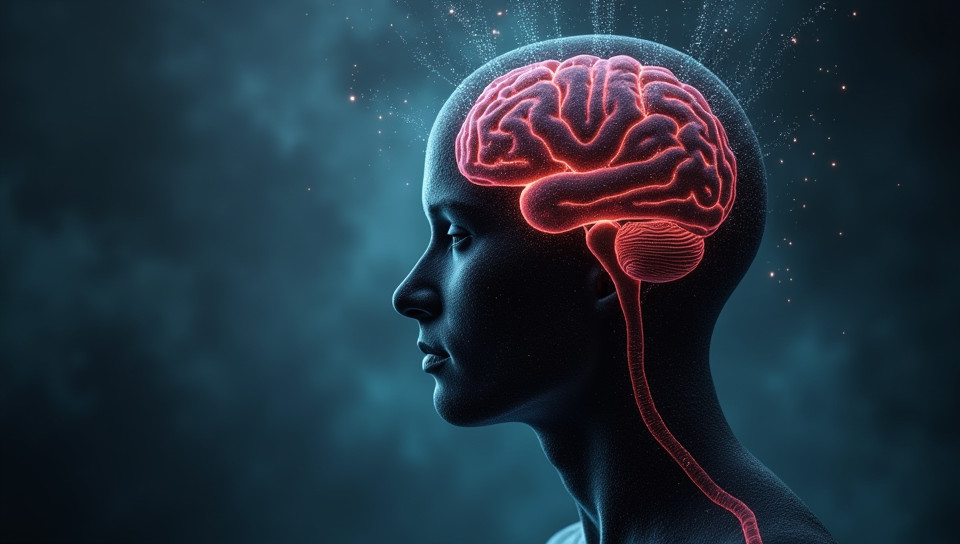Depression does not always lead to cognitive decline 51%

Breaking Down the Stigma: Understanding the Complex Relationship Between Depression and Cognitive Decline
For decades, it has been widely assumed that depression inevitably leads to cognitive decline. This notion has contributed to the stigma surrounding mental health, causing individuals to fear seeking help due to concerns about long-term effects on their brain function. However, recent research suggests a more nuanced understanding of this relationship.
The Complexity of Depression
Depression is a multifaceted condition characterized by persistent feelings of sadness, hopelessness, and loss of interest in activities that were once enjoyed. While it can significantly impact daily life, its effects on cognitive function are not always straightforward. Cognitive decline refers to the deterioration of mental processes such as memory, attention, and problem-solving ability.
The Myth Debunked: Depression Does Not Always Lead to Cognitive Decline
Numerous studies have shown that depression does not uniformly result in cognitive impairment. In fact, some research suggests that individuals with depression may exhibit preserved or even enhanced cognitive abilities in certain areas, such as memory and attention. This is likely due to the brain's compensatory mechanisms, which can lead to improved function in specific domains.
Factors Influencing Cognitive Decline
Several factors contribute to the variability in cognitive outcomes among individuals with depression: - Genetics - Age of onset - Severity and duration of depressive episodes - Presence of other mental health conditions (e.g., anxiety disorders) - Quality of treatment and support
The Importance of Early Intervention
Early detection and effective treatment of depression can significantly mitigate its impact on cognitive function. This is particularly crucial for individuals who experience recurrent or severe episodes, as prolonged exposure to the condition can increase the risk of cognitive decline.
Conclusion
Depression does not always lead to cognitive decline. By acknowledging this complexity, we can begin to break down the stigma surrounding mental health and encourage individuals to seek help without fear of long-term consequences. Early intervention, effective treatment, and a better understanding of depression's effects on cognition are key to promoting mental well-being and preserving brain function.
- Created by: Ambre Moreau
- Created at: Oct. 13, 2024, 7:57 p.m.
- ID: 12490







